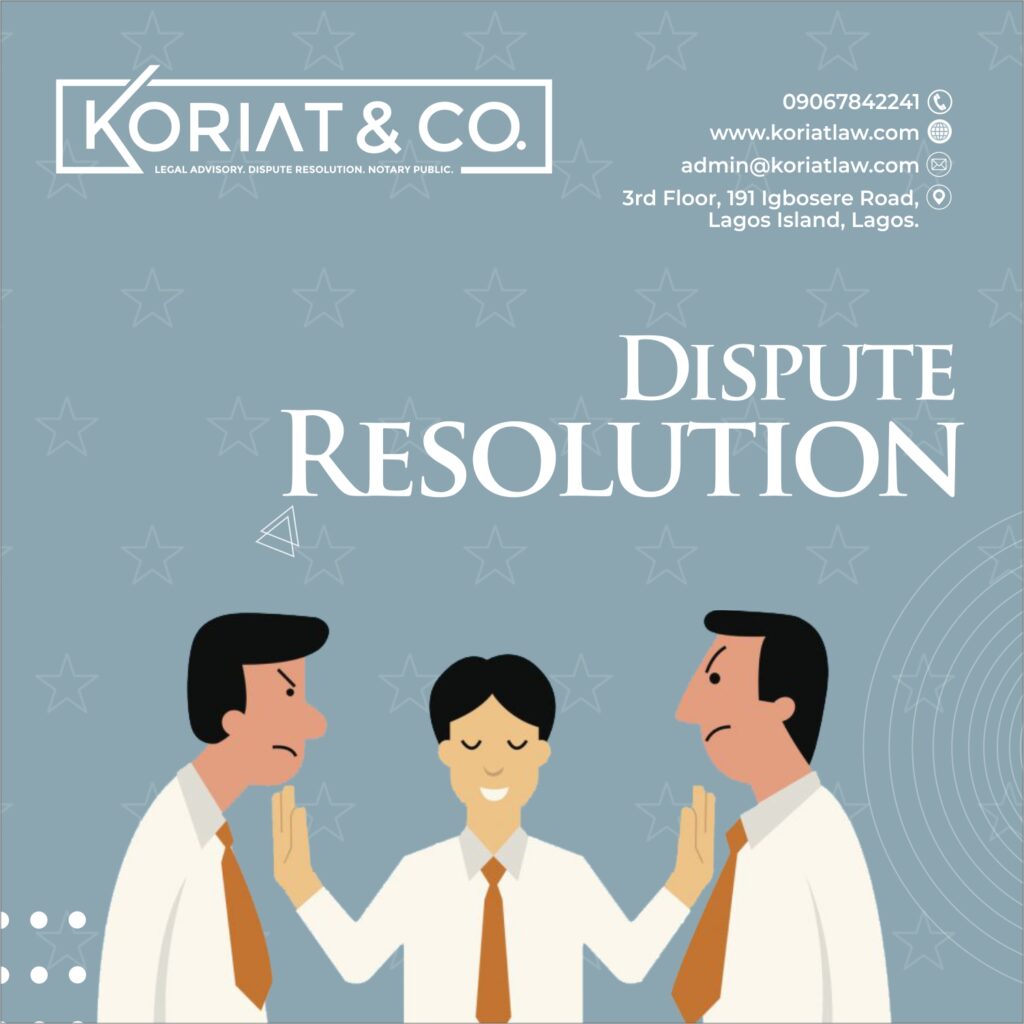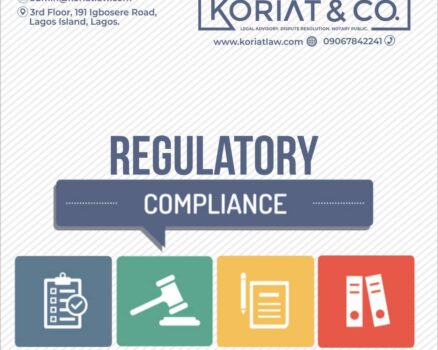
Arbitral awards from domestic and international arbitration are binding and enforceable in Nigeria. It is important to note, however, that the right of enforcement of an arbitral award in Nigeria is not without limitation period. Generally, as provided in section 6 of the Limitation Laws of the respective States of Nigeria, an action for enforcement of contract in Nigeria must be commenced at the High Court not later than six (6) years from the date of breach or when the cause of action arises. It is trite law that any action filed after the prescribed limitation period is bound to fail and likely to be dismissed for being statute barred.
There have been conflicting arguments on when time starts to run against the party seeking to enforce an award by an action in Nigeria. Is it from when the cause of action arises (i.e. at the time of committing breach of the contract that gives rise to arbitration) or after the arbitration award is made? Can limitation period be suspended by the Scott v. Avery clauses, which provide in agreements that no action or proceedings in court in a dispute should be taken until the dispute has been referred to arbitration and an award has been made?
The former view that time starts to run from the date of breach is based on the Limitation Law whilst the latter view is premised on the assumption that an arbitral award creates a new cause of action and therefore limitation period should commence to run from the date of the award.
Different interpretations have been given to the decisions in the cases of Murmansk State Steamship Line v. Kano Oil Millers Ltd. (1974) 12 SC 1; Obembe v. Wemabod Estates Ltd (1977) 5 SC. 115; and K.S.U.D.B. v. Fanz Construction Co. (1990) 4 NWLR (Pt. 142) 1 and a few more as well as a quotation from Halsbury’s Laws of England, 4th edition, paragraph 611 at p. 323, on when limitation period should begin to count.
It would appear that the Supreme Court has settled the law in City Engineering (Nig.) Ltd. v. Federal Housing Authority (1997) 9 NWLR (Pt. 520) 224. In that case, the parties herein entered into a written agreement dated 17th day of December, 1974 whereby the appellant was to build a number of housing units at Festac Town, Badagry Road, Lagos. The agreement contained an arbitration clause. A dispute arose on 12th December 1980 when the respondent terminated the agreement and the parties eventually went to arbitration presided over by Architect Akinwande Olumide Craig. The arbitration proceedings commenced on 11th December, 1981 and ended in November 1985 when the Arbitrator made his award in the sum of N3,722,118.75 in favour of the appellant. By letter dated 17th August, 1988, the appellant’s solicitors demanded from the respondent the payment of the said sum. When payment was not forthcoming, the appellant applied, by way of motion on notice, to the High Court of Lagos State, pursuant to section 31 (3) of the Arbitration and Conciliation Act No. 11 of 1988, and/or section 13 of the Arbitration Law Cap. 10 Laws of Lagos State 1973 and Order 40 rule 4 of the High Court of Lagos State Rules, 1974.
The respondent’s preliminary objection, brought on the ground of limitation law, was upheld by Ayorinde J., whose reserved ruling was upheld by the Court of Appeal (per Sulu-Gambari, JCA, Kalgo, JCA and Tobi, JCA). A subsequent appeal to the Supreme Court was unanimously dismissed and at page 245 paragraphs E-G, the Supreme Court held as follows:
“With profound respect to the learned authors, a distinction must be drawn between an action to enforce an arbitral award – this is provided for in the arbitration law itself, and the relief that can be granted in such an action is an order enforcing the award as if it were a judgment of the court. And an action for damages for breach of an implied promise to perform a valid award where it is open to the court to order damages for failure to perform the award or decree, in appropriate cases, specific performance of the award or grant an injunction restraining the losing party from disobeying the award or grant a declaratory relief. In my respectful view, the statutory period of limitation in respect of the former form of action runs from the breach that gave rise to the arbitration. The action leading to the appeal before us belongs to that category of action. In respect of the latter category of action, limitation period runs from the date the losing party refuses to obey the arbitral award. In either case, the date of the award does not apply.”
At page 246, paragraph C-D of the report, the Supreme Court held concluded thus:
“The conclusion I reach is that Question (2) is resolved against the appellant. The statutory period of limitation of six years began to run from 12/12/80 and appellant’s application to enforce the award was statute-barred when it was brought in 1988. The appellant has itself to blame for the catastrophe that has befallen it. Notwithstanding that there was some delay in the arbitration proceedings arising from various applications made by both sides, the arbitrator gave his award in November 1985, a date still within the statutory period of limitation. For unexplained reasons, the appellant waited another three years before applying to enforce the award in its favour, by which time limitation period had set in.”
It is significant to mention, as opined by the Supreme Court in City Engineering (Nig.) Ltd. v. Federal Housing Authority (supra), that Scott v. Avery clauses have been rendered ineffective and inapplicable in Lagos State as time begins to run from the date of breach irrespective the inclusion of the Scott v. Avery clause or the date of arbitral award. The provisions of Section 63 of the Limitation Law reads, thus: “Notwithstanding any term in a submission to the effect that no cause of action shall accrue in respect of any matter required by the submission to be referred until an award is made under the submission, the cause of action shall, for the purposes of this law and of any other limitation enactment (whether in their application to arbitrations or to other proceedings) be deemed to have accrued in respect of any such matter at the time when it would have accrued but for that term in the submission.”




